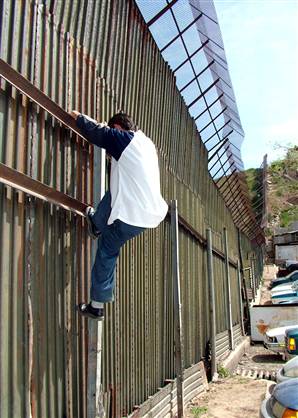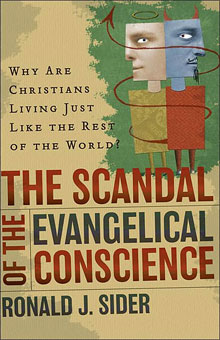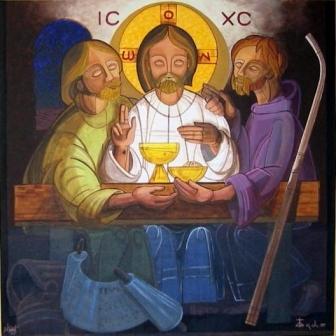
 Here’s what I said yesterday to my parish…
Here’s what I said yesterday to my parish…
You have come today perhaps by some instinct that Lent is a good thing. We know that last night (despite Super Tuesday) Mardi Gras was celebrated throughout the world by many who have never even heard of Shrove Tuesday and who have no desire to even think about Lent. We live in a world of pleasure and entertainment, not a world of repentance and fasting. We live in a world where pleasure is a right and difficulty is an inconvenience.
Maybe now, more than ever, we need Lent.
Prior to the 4th century, the early Christians had a strict, three year training period for baptism. It was serious business to be a Christian because it was a life or death decision. At the beginning of the 4th century, with the emperor Constantine putting an end to the persecution of Christians, the training period for baptism was changed from three years to the 7 weeks before Easter. This became also a time for those who had renounced Christ during the age of persecution to come back to the church, undergoing a time of prayer and fasting.
Many have reduced Lent to a time when we give up candy or chocolate and that’s not a bad thing. We certainly to not need more candy or chocolate in our lives. However, what brings us to the heart of Lenten discipline are Jesus’ words: ‘For wherever your treasure is, there your heart will be also.’
How do you know where your heart is? Easy. How do you spend your time? How do you know where your treasure is? Easy. How do you spend your time?
TV time. Work time. Family time. Tinker time. Fun time. Me time. God time?
Jesus says, ‘when you fast, when you pray, when you give alms.’ He says ‘when’ and not ‘if.’ The greatest thing you can give the Lord is your time. Time in doing what is right. Time in giving money and skills, time in prayer and fasting, and studying the Scriptures.
I have to say that if Jesus were to preach to us today, his emphasis would not be on our self-righteousness, but our lack of desire for righteousness.
Maybe to us he would say, ‘When you get that smudge on your head, leave it on, maybe then you’ll have to talk about your faith!’ ‘When you fast and pray, hey, when’s the last time you fasted and prayed?’ ‘When you give alms, hey, when’s the last time you helped someone in need?’
What Jesus describes as prayer, fasting and almsgiving are meant to help us gain an eternal perspective. We pray because we believe there is someone on the other end listening. We believe there is someone on the other end who is not controlled by our space and time.
We fast so we can take ourselves away from the American consumer and food addiction. The bread of heaven and the cup of salvation become our food. The nourishment of the Word of God becomes our staple.
We give alms so we won’t store up treasures on earth, but in heaven. We give alms so we can invest in eternity. As C. S. Lewis said, “All that is not eternal is eternally useless.” More than ever we need to be aware of the suffering of our world and do our part to bring Jesus into it and alleviate it. This Lent, perhaps read some books that will shake you out of our cultural selfishness. There is a book called Left To Tell: Discovering God Amidst the Rwandan Holocaust by Immaculee Ilibagiza or God Grew Tired of Us by Jon Dau which tells the story of the Lost Boys of Sudan.
Prayer. Fasting. Almsgiving.
Why Lent? Augustine said, ‘Love God and do as you please.’ In other words, when you love God and draw near to him, there is no question about what will please you–his word and his will. Lent is a chance for us to draw near to him and a chance to evaluate our relationship with Christ. It is a time for perspective of the fleetingness of our lives. For we are dust, and to dust we shall return.









 Here’s what I said yesterday to my parish…
Here’s what I said yesterday to my parish…